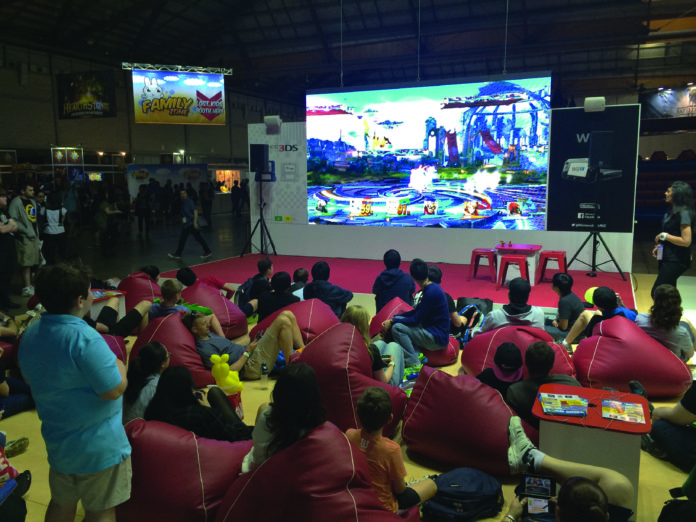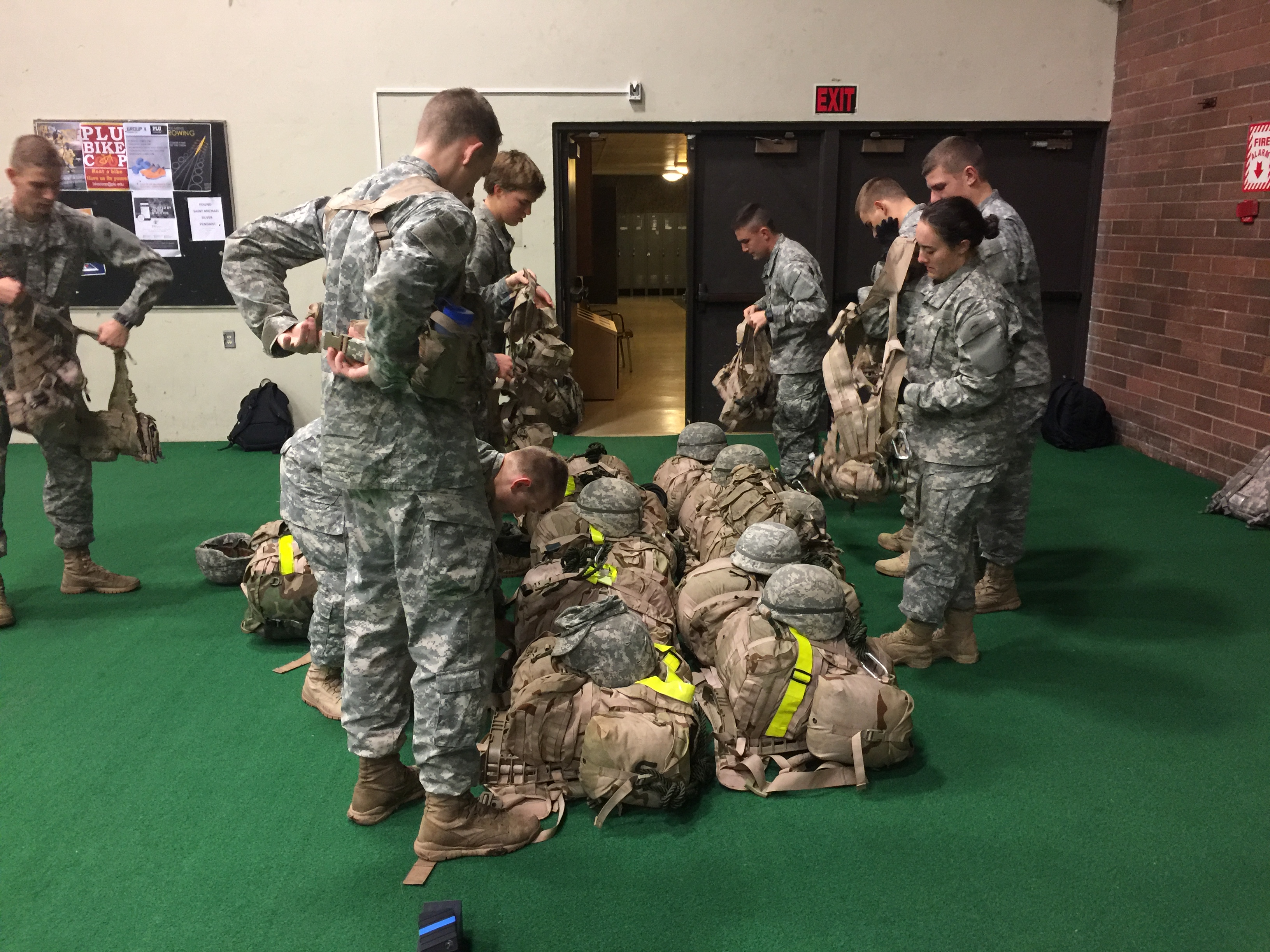
PHOTO BY MCKENNA MORIN
PETER OLSCHNER; Guest Writer; olschnpd@plu.edu
Super Smash Brothers. Those three words elicit a wide range of responses to those who hear them. Some fondly recall playing the game with their friends after school growing up, while others shudder at the memory of holding a controller for the first time, dumbfounded, while being berated by the yells of those around them.
But did you know that a select few individuals have managed to make Super Smash Brothers their career?
Super Smash Brothers is a series of fighting games released by Nintendo. Four titles have been released in total: “Smash 64,” “Melee,” “Brawl” and “Smash for the Wii U.”
In each of these games, the objective is to chose a character from Nintendo’s history, pick an arena of battle and duke it out with your opponents by executing various attacks, jumps and grabs. Seems innocent enough, right? For some, including members of Pacific Lutheran University’s Smash Club, it exits the realm of innocence and enters the realm of competitive sport.
Despite the fact that there are four Super Smash Brothers titles in total, the game you’re most likely to find people playing at PLU is the title released for GameCube called “Melee.” “Melee” was released in 2001 and is the iteration of Smash Bros. that has garnered the most devoted competitive following, despite the fact that it was released 16 years ago.
Some may find this hard to believe, but professional “Melee” tournaments today are more popular than ever. With over 230,000 viewers tuning in to watch a recent tournament through the streaming website Twitch.tv, “Melee” has impressed onlookers who doubted that the game’s competitive scene would ever emerge out of the basements and house tournaments from which it began.
Not only does “Melee” attract spectators, but professionals can make a lot of money by placing well at tournaments. Adam “Armada” Lindgren is the player who has earned the most money from playing “Melee.” His tournament placings have earned him a total of almost $241,000 throughout his illustrious gaming career. Each major tournament victory can earn “Melee” players over $10,000. That’s a fair amount of money, but it doesn’t even come close to the figures that other eSports players rake in. In 2016, a Chinese “DOTA 2” team of five known as Wings Gaming won over $9 million for taking first place at the International 6 tournament.
“Melee’s” competitive scene started as a completely grassroots movement, meaning that there was zero support from Nintendo towards developing it. The game’s international competitive scene was built on the foundation of passionate competitors, tournament organizers and spectators who came together time and time again to celebrate their shared passion for the game.
Interested in learning more about the professional “Melee” scene? The best way to start is by watching the YouTube documentary “The Smash Brothers” directed by Travis Beauchamp. It chronicles the journeys of several top professional players who made the game into what it is today.
Intrigued by the prospect of competing against others and showing off your video game prowess? PLU’s Smash Club is experiencing a revamp due to the efforts of club President Drew Ceger and club Vice President Joey Kane. All you need to bring is a controller and a desire to smash your opponents into oblivion.
Enjoy a Smash Brothers title other than “Melee?” Despite the fact that “Melee” is the most popular game at PLU Smash Club there are plenty of people at club who also play “Smash 64,” “Brawl,” “Project M” and “Smash for the Wii U”!
PLU’s Smash Club hosts competitions once a week in the first floor Tingelstad Hall conference room on Tuesday evenings at 6 p.m.



















